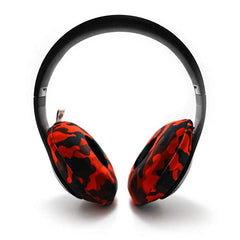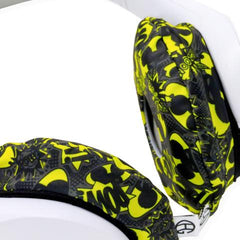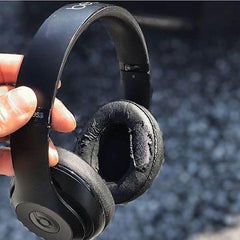Exercise Later for Better Results, Studies Say

Exercising in the evening is better.
No, wait.
Exercising in the morning is better.
Science just doesn’t seem to be able to make up its mind. Last year, we asked the question: is it better to work out during the morning or in the evening?
We decided to prescribe to the Men’s Health way of thinking that the best workout is the one that you actually do.
We don’t always have the luxury of choosing whether to get on the treadmill at 9 am or 9 pm. What’s the point in aiming to be a night owl at the gym if your willpower and motivation are spent by midday. The best time to workout is whenever you can and whenever you will. There’s little in these latest studies that will change our minds or switch up our early morning routine BUT if you haven’t found your ideal time to exercise then it might be worth getting to know your circadian rhythm a little better. It already underpins so much of our daily life that experimenting with the time you exercise may actually yield some real results.
What Did the Studies Say About Exercise and Time of Day?
One of the studies was by the University of California and the other by Israel’s Weizman Institute with both sets of results presented together in a journal called Cell Metabolism. Both used mice on treadmills to look at whether exercising at specific times of the day yielded better results.
Because mice don’t wear watches, they weren’t tested ‘on the clock’ as humans might be but rather during their ‘active’ phase which, as they’re nocturnal animals, happens to be at night.
Testing the mice at various intensities and at different times,
researchers found that the performance of the mice was around 50% improved during the evening when compared to results earlier in the day. They also tested this on 12 humans and found that participants used less oxygen in the evening. As Tellerreport.com wrote, these people were exercising more efficiently.
The University of California Study looked mainly at the mice’s muscle tissue. It found that an important protein reacted differently during exercise depending on what time of day it was.
Interestingly, however, this second study seems to suggest that late-morning is a better time to exercise.
And here’s the confusing part because despite numerous websites running headlines saying that evening is best — that isn’t what the second study is saying at all.
Both studies suggest later in the day but only the study in Israel seems to suggest that the evening is better. That’s a pretty big difference in hours.
What both studies DO seem to suggest is that timing does play a role in how efficiently we can exercise. Although, these studies will be difficult to replicate in humans. Speaking to the Now to Love website, Sassone-Corsi, senior author of the study, said humans have more of a choice of when to sleep during a 24-hour period than lab mice do. There’s also the fact that some people are morning people and some are not.
Which actually isn’t all that helpful if you’re looking for the magic bullet. The real power in these studies is the suggestion that if there is a best time to exercise — then you can find it.
When Should You Work Out?
Exercising in the morning gets it out of the way. We only have so much willpower and you can’t skip a workout you’ve already done. Get up early and there are fewer excuses as to why you shouldn’t exercise, why you can’t, why you’d better not, why you can just do it tomorrow instead.
The gym will be emptier. The roads quieter. Early risers have been found to be more consistent, too, so once you make morning workouts a routine then you’re more likely to keep to them. Researchers at Appalachian State University found that those who exercised at 7 am registered a 10% drop in blood pressure that continued throughout the day.
A morning workout can boost energy and improve mental alertness. It can set you up for the day and help prepare you for a restful night sleep later on.
However, the benefits of an early workout could be negated if you're tired. If you’ve had a late night and then decided to wake up early to exercise, you might actually be better staying in bed. Working out in a fasted state is believed to have some weight-loss benefits but you’ll also have less fuel in your body. It may be more difficult to give 100% to your workout.
Exercising later in the day means you’re already fuelled up. You’re not hitting the track with a rumble in your belly or squatting at the rack with a weak feeling in your arms. The body is more flexible in the evening, too, possibly by up to 20% more. Lung function is better later in the day which matches with the results of the first study. And what better way to burn off the stress of the day with a hard session at the gym?
We’re all chasing THE BEST workout as if there’s a one-miracle-fits-all approach. We all live different lives. We workout differently. What works for one person won’t for the next. Some people are early birds and some people are night owls — surely, the best time can’t be the same time for everyone?
Exercise at whatever time you have to, whichever time you need to and however you’ve got to. Don’t be overly concerned with what science says is the best time because whilst it’s interesting, enlightening and maybe even very true — it can’t do the workout for you.
EarHugz are sweat-proof covers that protect your headphones from moisture during exercise. Slip them over the cushions of your Beats, Bose, Sennheiser, Sonys…. To protect your sound whatever time of the day you’re working out.







